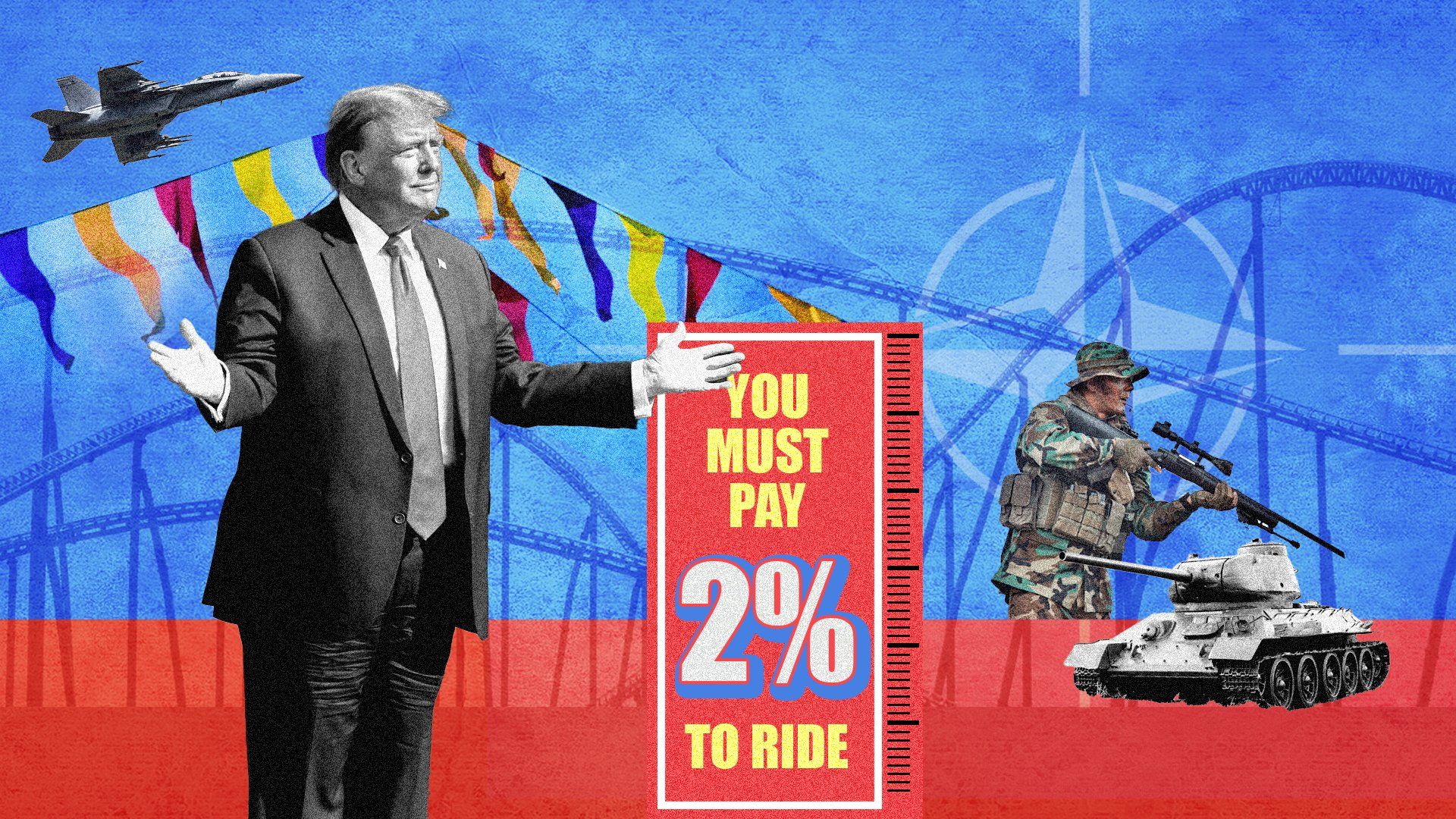Members of the Western bloc are on edge after Donald Trump said last weekend that he’d encourage Russia to “do whatever the hell they want” to allied states that don’t pay their dues. Canada pays well below the 2%-of-GDP NATO guideline and would be high on Trump’s “delinquent” list, but that doesn’t mean Ottawa is ready to pay up.
Trump’s comments drew the ire of … just about everyone. President Joe Biden, the chairman of the Joint Chiefs, NATO chief Jens Stoltenberg,German Chancellor Olaf Scholz, and even fellow Republicans blasted Trump for his comments. The most common refrain was that the former US president was undermining the collective security alliance and emboldening Russia.
But Canadian leaders, who are preparing for a possible Trump 2.0, were more cautious with their response. Foreign Affairs Minister Mélanie Joly admitted Canada must “do more” and steered clear of criticizing Trump. Defense Minister Bill Blairalso declined to take a run at the former president.
As Europe spends more on defense, the US has complained for years about Canada’s military spending, which is heading for 1.43% of GDP in 2025 – the highest it’s been in over 12 years. Ottawa’s defense spending is unlikely to rise further anytime soon as the governing Liberals keep an eye on the deficit and debt-to-GDP ratio while struggling to manage the budget ahead of a planned 2025 election.